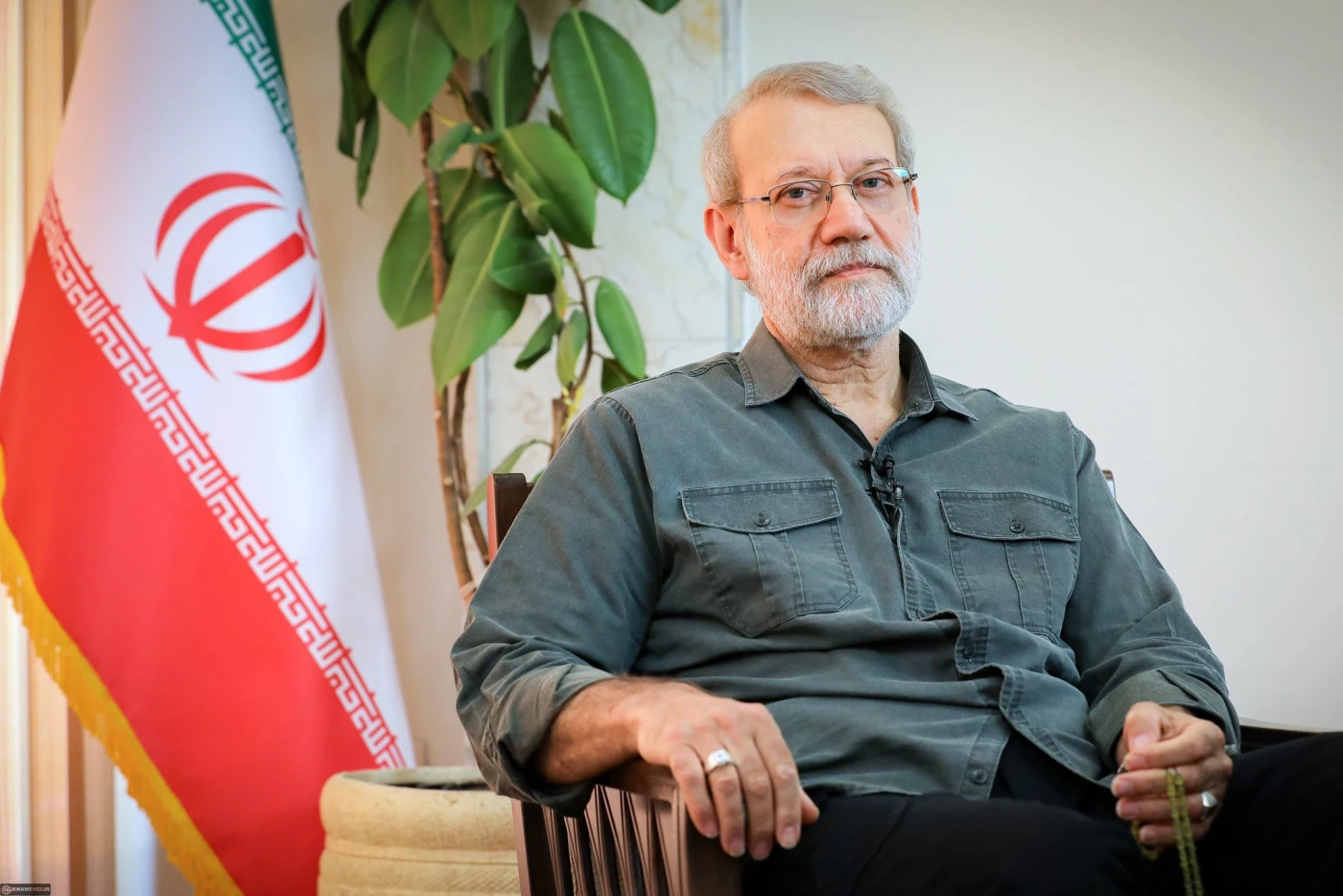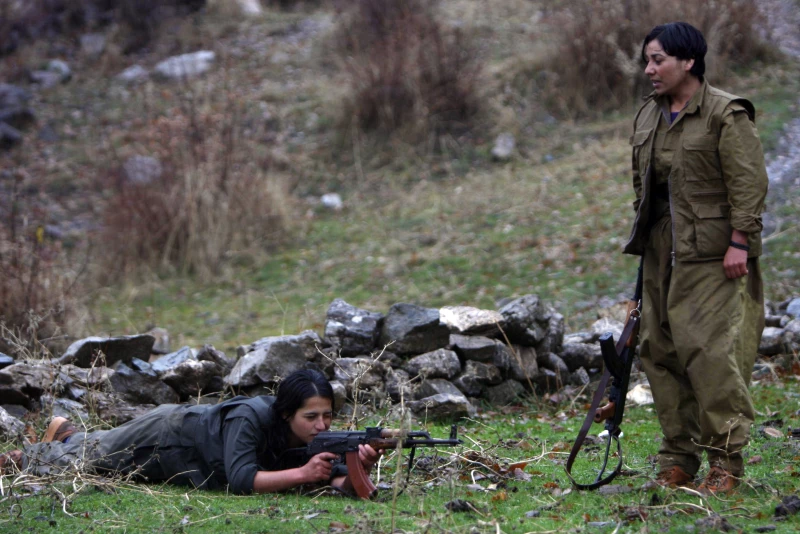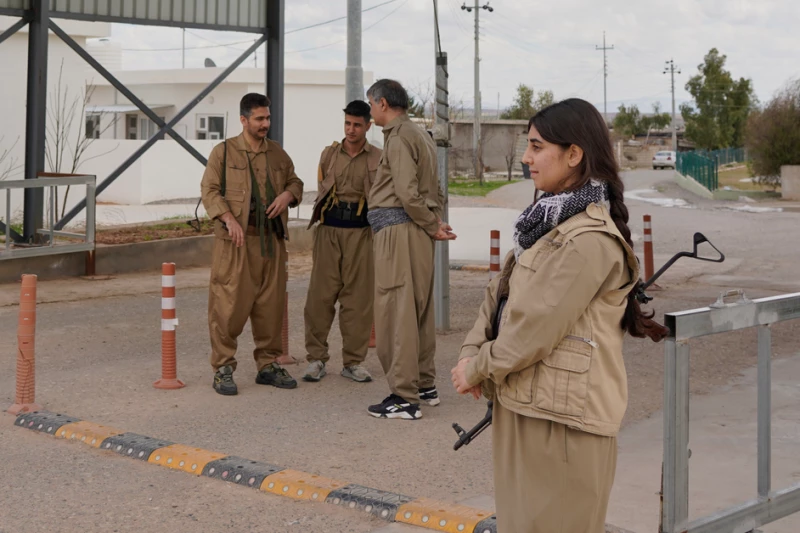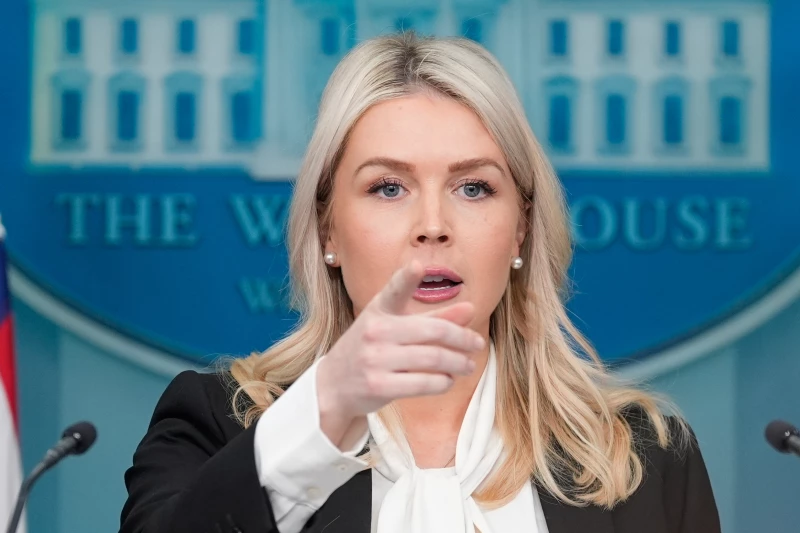Erbil, Kurdistan Region of Iraq – Iran’s Supreme National Security Council Secretary Ali Larijani on Saturday endorsed Hezbollah’s call for repairing ties with Saudi Arabia, framing it as part of a common Islamic struggle against Israel.
“The initiative of [Hezbollah leader] Sheikh Naim Qassem calling for cooperation with Saudi Arabia deserves praise,” Larijani wrote on X. “Hezbollah’s concern is the security and safety of the Lebanese people in confronting the Zionist entity.”
"The Kingdom of Saudi Arabia, a sisterly and Islamic country, and the Islamic world face a common enemy" in Israel, the Iranian security chief added.
Larijani, along with Hezbollah parliamentary leader Mohammed Raad, was seen on Saturday attending a ceremony in Beirut marking one year since the killing of longtime Hezbollah chief Hassan Nasrallah in an Israeli strike.
Hezbollah appeals to Riyadh
On September 19, Qassem urged Saudi Arabia to turn a “new page” with the group after renewed Israeli strikes on southern Lebanon. He laid out three principles for engagement: dialogue to resolve disputes, recognition that Israel—not “the resistance”—is the real enemy, and the “freezing of past disagreements.”
Qassem stressed Hezbollah’s arsenal is trained solely on Israel, not on “Lebanon, not Saudi Arabia, and not any other place or party in the world.” He warned that dismantling the group would only serve Israel, adding that “the turn will come for the other states.”
“When the US openly declares that it acts in Israel’s interest, how can we trust any American or non-American proposal or accept making concession after concession?” he said. Washington has strongly pushed for Hezbollah’s disarmament under the terms of a ceasefire brokered in November 2024.
Still, Qassem insisted Hezbollah remains open to dialogue “from a position of strength,” calling its resistance to Israeli occupation “unshakable” and aimed at expelling Israeli forces and reclaiming territory.
An easing Saudi Arabia-Iran rivalry
Tensions between Hezbollah and Saudi Arabia mirror the broader Saudi-Iran struggle for regional influence. Riyadh sees itself as the leader of the Sunni Muslim world, while Tehran positions itself as the patron of Shiites. Beyond sectarian identity, the rivalry has long played out in proxy conflicts—from Yemen to Syria—and in competing claims to leadership in the Arab and Islamic world.
For instance, the Gulf Cooperation Council (GCC), under Saudi leadership, branded Hezbollah a “terrorist” group in 2016, citing its role in Syria on behalf of then-President Bashar al-Assad and its support for Yemen’s Houthis. For Riyadh, Hezbollah is a pillar of Iran’s “axis of resistance,” a network of armed groups considered by Saudi officials as responsible for the destabilization of the region.
The clash extends to the Palestinian issue. While average Iranians traditionally show little passion for the Israeli-Palestinian conflict, Iran’s leadership has used support for the Palestinians to project influence. By portraying the US-brokered Abraham Accords as a betrayal, Tehran hoped to dissuade Saudi Arabia from normalizing ties with Israel. Riyadh had been considering joining before Hamas’s October 7, 2023, attacks.
Despite decades of tensions, Saudi Arabia and Iran restored diplomatic relations in 2023 after a seven-year hiatus in a Chinese-mediated initiative. Additionally, Riyadh publicly condemned Israel's June attacks on Iran, clinging to its professed position of neutrality and largely seeking to avoid confrontation with its fellow regional power.
Amid the Gulf states' shock over the recent Israeli targeting of Hamas officials in Qatar, breaking a massive taboo against conducting airstrikes on ostensible Western allies, the Saudi line toward Israel may potentially harden, with the outreach by Hezbollah constituting a daring initiative by the Lebanese militants and their Iranian backers to garner support after suffering extensive losses at the hands of Israel in recent years.



 Facebook
Facebook
 LinkedIn
LinkedIn
 Telegram
Telegram
 X
X


